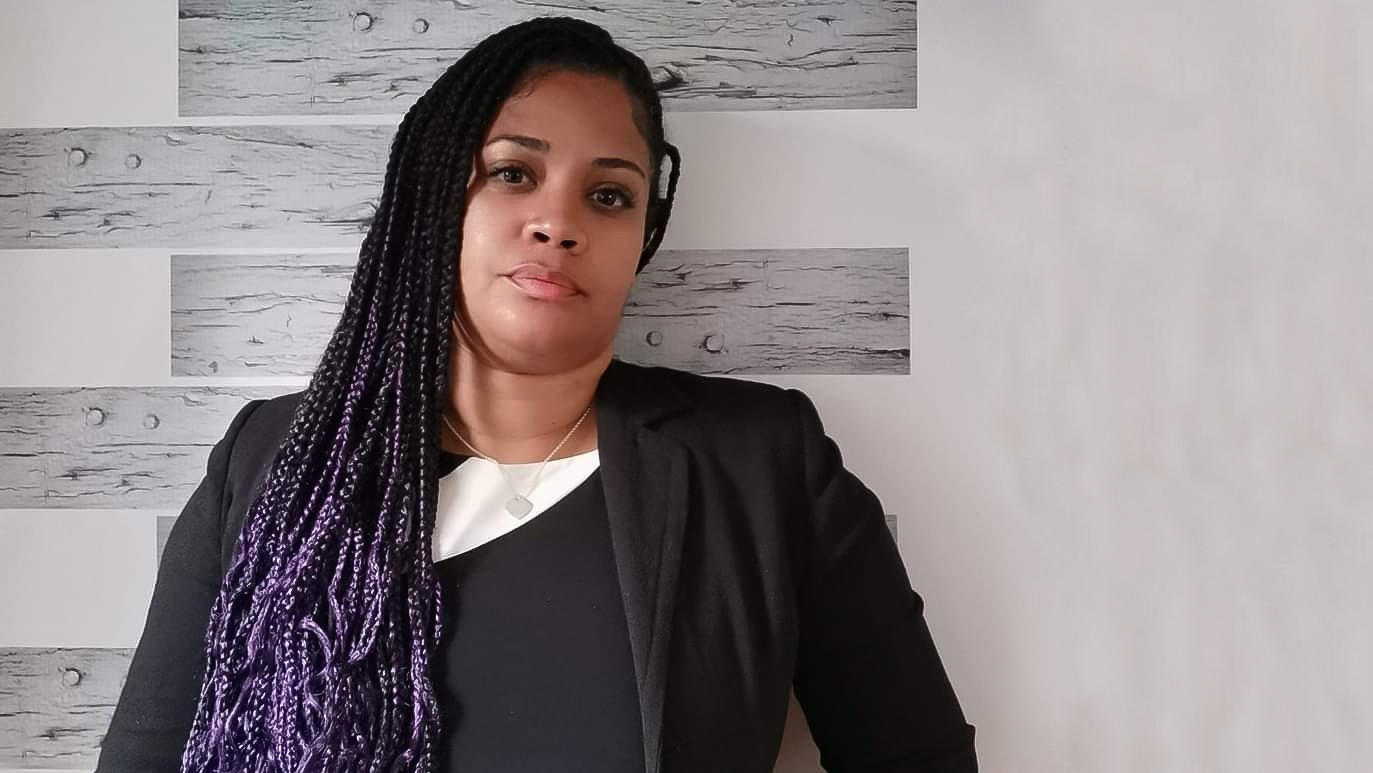Coen-Sanchez’s interest in equity, diversity and inclusion (EDI) stems from her own experience as a Black student. She noticed a profound disconnect between the makeup of the student body and what was being taught in her graduate program. Her observations inspired her thesis, which examines systemic racism in educational institutions and how it manifests itself in the experiences of racialized students, faculty and staff. She is interested in deconstructing the concept of race and exploring how the term “racialization” draws attention to how racial identities are constructed and contested within power relations.
Coen-Sanchez has participated in and organized several panel discussions on anti-racism, including one on anti-racist community actors, and others involving student experts. “Conversations are taking place, spaces need to be created, it is time to take action,” she says.
She has also co-developed a micro-credit course for undergraduate and graduate students in the Faculty of Social Sciences. The course’s goal is to “empower minority voices in current times and in history while offering theoretical and practical tools to speak to power,” says Coen-Sanchez, who is also co-chair of the Social Sciences and Humanities Research Council Advisory Committee to Address Anti-Black Racism.
Through her leadership activities and her research, the doctoral candidate has identified four main obstacles confronting racialized researchers: the lack of support and resources, the lack of mentors in faculties, the need for empirical research that highlights race-based data, and the fact that research funds for racialized groups mainly focus on subjects related to race and racism.
“Racialized researchers have expertise and experience in various disciplines and have lots to say in different fields. They are not the only ones who must face the system that oppresses them.” To dismantle systematic racism, Coen-Sanchez says we all have a responsibility to reflect on our role and place within that system. We should also view racism as a series of pre-programmed emotional reactions, rather than an intellectual concept.
Coen-Sanchez believes EDI can be approached in one of two ways: by establishing EDI mandates or by viewing EDI issues from the shared lived experiences of affected groups. EDI mandates can include University-wide mandatory courses on racism for all students and staff, scholarships for racialized groups and minorities, increased research and statistics on racialized students and the barriers they face, and increased support tailored to the needs of racialized students and staff. Moreover, sharing lived experiences is important because “we as individuals all make up the system and can collaboratively work towards change and inclusivity,” she says.
By Elly Walsh and Diego Herrera, uOttawa Research Management Services
Share your Inspiring stories at: EDIrecherche-EDIresearch@uottawa.ca

